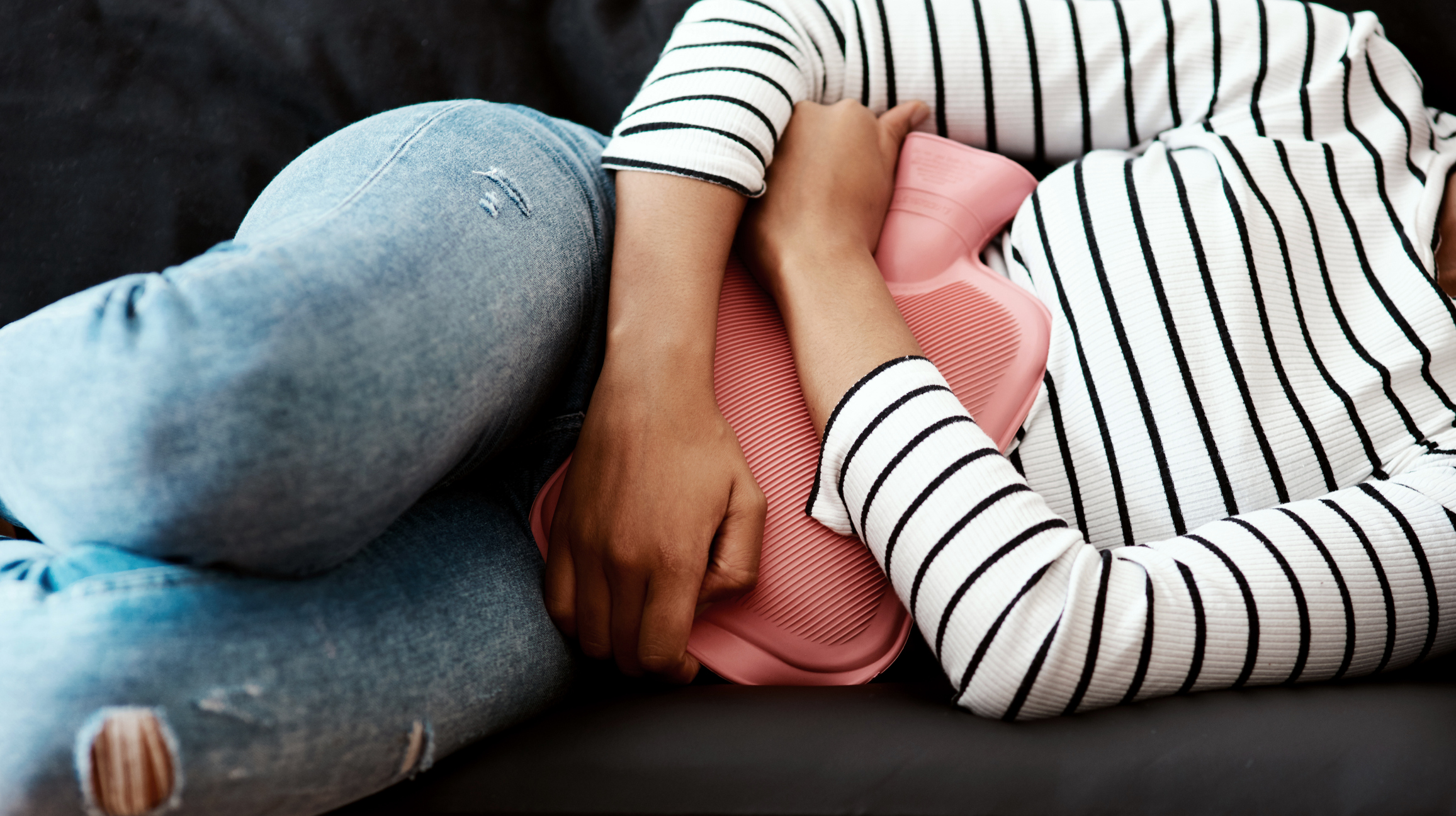Endometriosis: What it is and how to live with it

Living with endometriosis can be difficult. Symptoms from endometriosis – such as chronic pain, digestive problems and infertility – can affect a woman physically, emotionally and psychologically, significantly impacting the quality of her life.
What is Endometriosis?
Endometriosis is when tissue that behaves like the uterine lining grows in areas outside of the uterus where it doesn’t belong, such as in the ovaries and fallopian tubes. This is not normal, and can cause uncomfortable and even painful symptoms that include heavy menstrual bleeding, pelvic pain, and stomach issues such as constipation. According to the Office on Women’s Health, endometriosis affects more than 11% of American women between the ages of 15 and 44.
Living with endometriosis
It is unknown how endometriosis occurs and unfortunately there isn’t a cure. However, making some changes to your daily routine and learning how to manage symptoms can make living with endometriosis a little easier and improve your quality of life. Treatments will be dictated on whether you are trying to get pregnant and how severe your symptoms are. However, here are a few things you can try.
- Hormonal birth control: Birth control in the form of a pill or shot can help stop excessive bleeding and relieve pain.
- Hormonal IUD’s and Implants can also be used to treat endometriosis.
- Over-the-counter medication: If symptoms are mild, try taking OTC medications like ibuprofen or naproxen.
- Exercise: Physical activity promotes blood circulation and helps release endorphins, which act like the body’s own natural painkillers.
- Warm compress: Applying a warm heating pad to the lower abdomen can help relieve pain; a warm bath can help too.
- A good diet: A balanced, healthy diet can help symptoms. Increasing fiber intake can help keep the digestive system regular to avoid constipation or bloat discomfort.
- Physical therapy that targets the pelvis is another successful treatment plan.
If none of these treatments work for you, please contact your healthcare provider. Alternative therapies or surgery may be the next option.
If you suspect you may suffer from endometriosis – or have any symptoms of discomfort – please call our office to set up an appointment at 307-634-5216.
Source: https://www.womenshealth.gov/a-z-topics/endometriosis

Leave a Reply